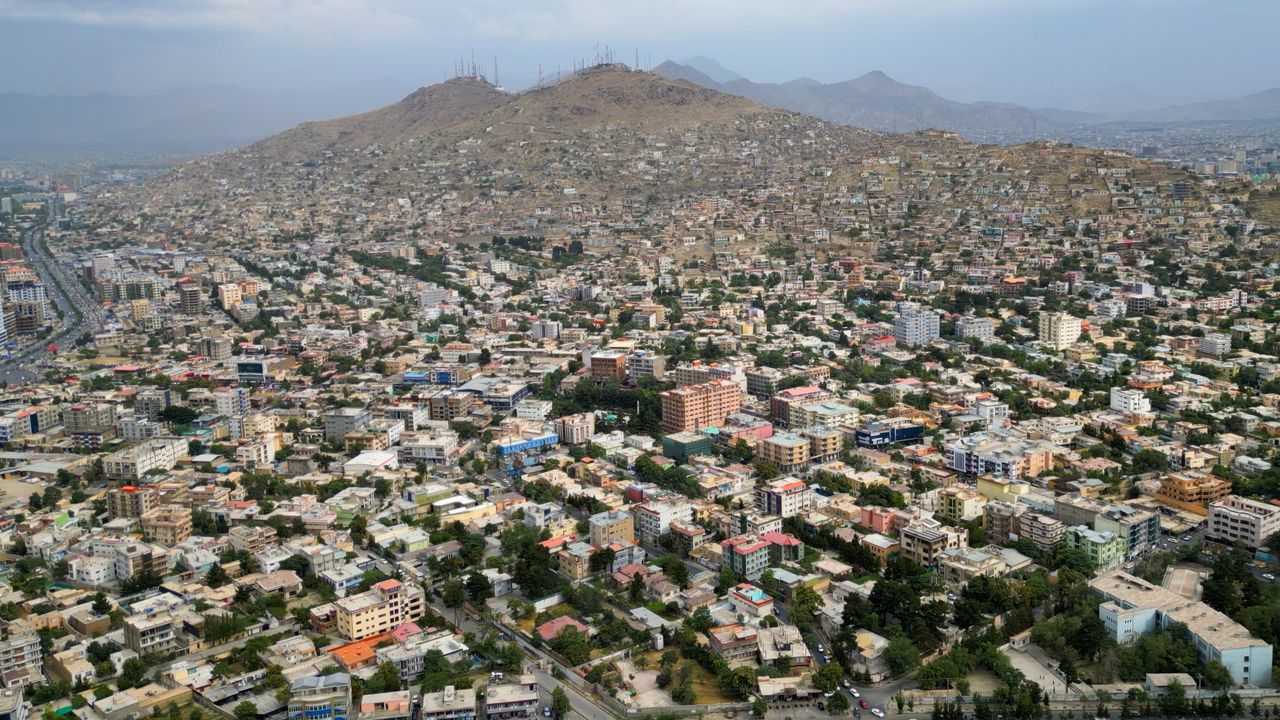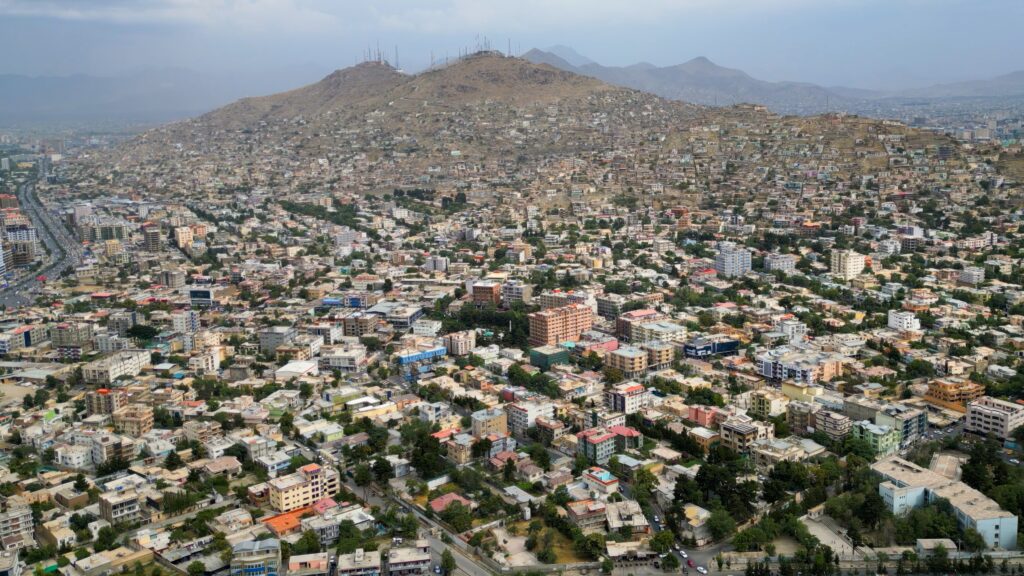
The city of Kabul in Afghanistan is at risk of becoming the first modern capital to run out of water, according to a recent report.
Kabul is drying up due to a combination of different factors, including climate change, poor water resource management, rapid urbanization and a swelling population that stands at roughly 5 to 6 million people.
Mercy Corps, a humanitarian NGO, published a report in April that found Kabul’s water crisis has reached a tipping point, with aquifers draining faster than they can be replenished, as well as issues surrounding water affordability, contamination and infrastructure.
In June, one Kabul resident told The Guardian that there isn’t any good quality well water available, while last week, another resident told CNN that they didn’t know how their family would survive if things got worse.
Kabul’s water problem isn’t new and has been growing steadily worse for decades. The report highlighted that it had been exacerbated by the decline in humanitarian funding for Afghanistan since August 2021 — when the Taliban returned to power as U.S. and allied forces withdrew from the country.
“Without large-scale changes to Kabul’s water management dynamics, the city faces an unprecedented humanitarian disaster within the coming decade, and likely much sooner,” Mercy Corps representatives wrote in the conclusion of the report.
Related: ‘An existential threat affecting billions’: Three-quarters of Earth’s land became permanently drier in last 3 decades
The new report draws on previous work by the United Nations (U.N.), which has found that Kabul’s groundwater is at risk of running out by 2030, with around half of the boreholes in Kabul Province already dry. Currently, each year, extraction exceeds natural replenishment by about 1.5 billion cubic feet (44 million cubic meters), according to the report.
Mohammed Mahmoud, a water security expert who was not involved in the report, told Live Science that Kabul is clearly in the midst of a worsening water crisis.
“The fact that water extraction now exceeds natural recharge by tens of millions of cubic meters each year, and that up to half of the city’s groundwater wells have already dried up, is an indication of a system in collapse,” Mahmoud said in an email.
Mahmoud is the chief executive officer of the Climate and Water Initiative NGO, and the lead for Middle East climate and water policy at the U.N. University’s Institute of Water, Environment, and Health. He described the report’s findings as “quite alarming” and noted that he was also concerned by the steep drop in Kabul’s water table and the growing number of residents forced to spend a significant share of their income on accessing water.
Mercy Corps reported that Kabul’s aquifer levels have dropped by around 100 feet (30 m) within the last decade and that some households are spending up to 30% of their income just on water.
“This is not just an environmental issue, it is a public health emergency, a livelihood crisis, and a looming trigger for potential large-scale human displacement,” Mahmoud said.
A global problem
Water shortage is a global problem affecting many different regions. Water resources have been stretched in recent decades, with environmental factors like climate change increasing the frequency and severity of droughts, and human factors like population growth increasing water demand.
A 2016 study published in the journal Scientific Reports found that between the 1900s and the 2000s, the number of people facing water scarcity increased from 240 million to 3.8 billion, or from 14% to 58% of the global population. Areas at particularly high risk of shortages include North Africa, the Middle East and South Asia.
“What is happening in Kabul reflects a broader trend we’re seeing across water-stressed regions globally, especially in the Middle East and North Africa,” Mahmoud said. “Groundwater overuse is rampant in many parts of the region, leading to groundwater recharge rates not keeping up with aquifer extraction. Climate change is also reducing and shifting rainfall patterns, further limiting freshwater generation and groundwater recharge, while increasing the frequency and severity of droughts.”
The new report highlighted that Kabul is on the brink of becoming the first modern capital to run out of water, but it isn’t the first major city to face such an existential water-related threat, and based on current trends, it won’t be the last.
In 2018, Cape Town — the legislative capital of South Africa — nearly ran out of water during a drought, and only narrowly avoided having to turn off the taps thanks to tight water restrictions and a water-saving campaign. The situation was even worse for India’s city of Chennai in 2019, when all four of its major reservoirs dried up, severely limiting water supplies and plunging the city into crisis.
Mahmoud noted that water shortages have severe socioeconomic impacts, affecting agricultural and food security, increasing living costs and, in extreme cases, causing mass migration and displacement of people.
“We need stronger investment in sustainable water management, robust water infrastructure, and better governance to begin to address issues of water shortages,” Mahmoud said.
